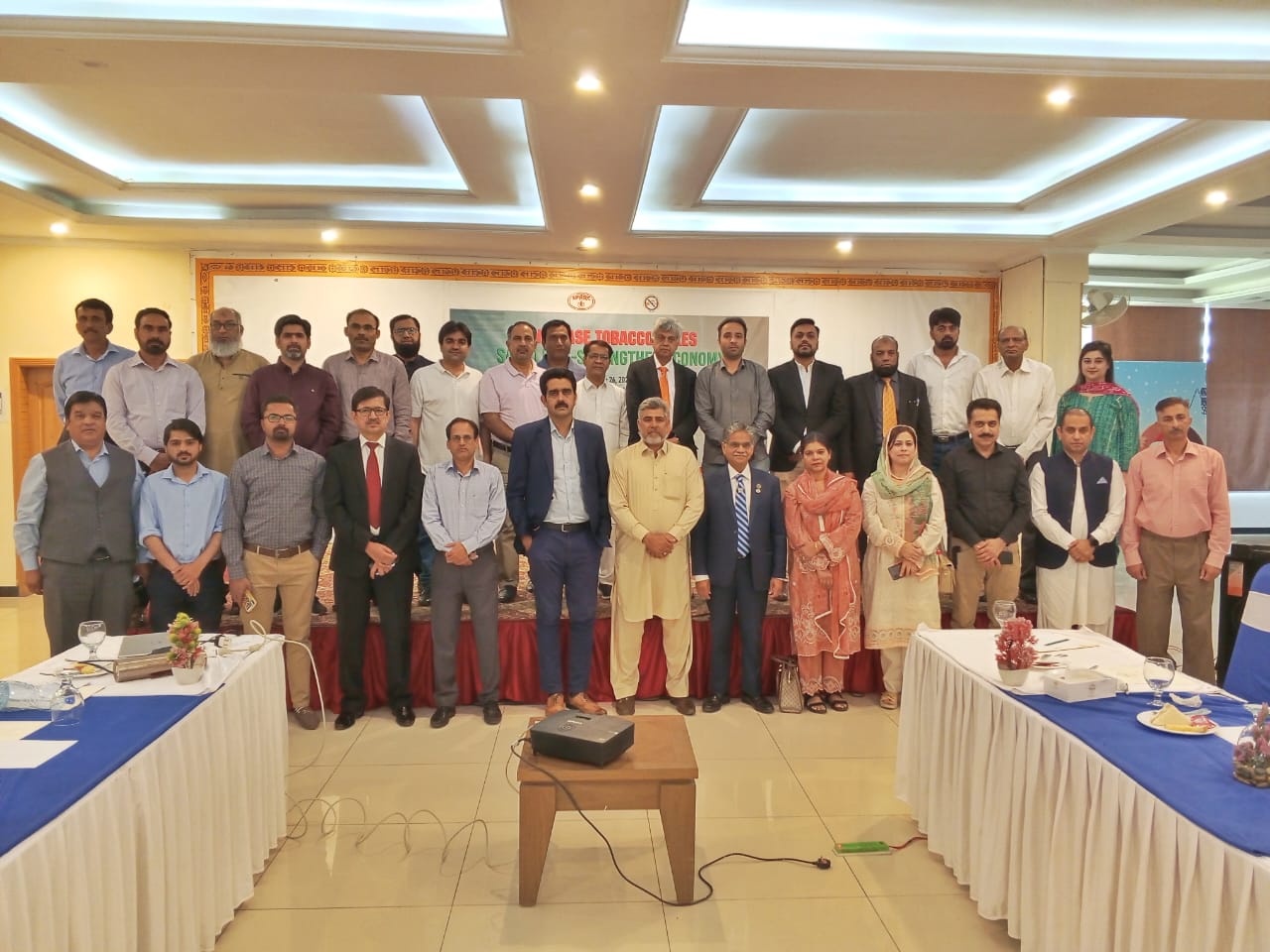|
Getting your Trinity Audio player ready...
|
Islamabad: Following the discussion of the Executive Board of the IMF, Antoinette Sayeh, Deputy Managing Director and Chair, has pressed on the country to “capitalize on this hard‑won stability…with sound macroeconomic policies and structural reforms to create stronger, inclusive, and sustainable growth.”
Capital Calling, an Islamabad-based think tank, has stated that that it is encouraging that the country has succeeded in getting “an immediate disbursement of SDR 828 million (around $1.1 billion), bringing total disbursements under the arrangement to SDR 2.250 billion (about $3 billion)”.
It, however, pointed out that multinational cigarette industry is seemingly unhappy with this “hard-won stability” that the country is enjoying now. It said that that taxes on non-essential items like cigarettes should be brought at a par with international standards.
The parameters set by the World Health Organization (WHO) for taxing cigarettes take into account the volume of mortality and morbidity that this products causes in the society. Research reports have mentioned that over 24 million Pakistanis are active smokers inflicting irreparable demage on passive ones.
The country has turned into a haven for cigarette mafia as it is counted among the 9 poor states that account for production of 90 percent of cigarettes for the world. It has become the haven for tobacco makers because of relaxations in tax regime for this sector.
It has been estimated that this loss accounts for Rs567 billion in a decade. The think tank quotes a research report by PIDE, a government entity, as saying “when the government abolished the third tax tier in 20192019 which effectively reduced
the tobacco industry’s maneuvering space to sell cheaper cigarettes by avoiding taxes, the tax contribution of the industry actually increased to 120 billion Pakistani rupees (Rs) compared to Rs 92 billion in 2016. This raised the tobacco industry’s share of total tax collection to 3 percent from 2.15 percent in FY16.”
It went on to mention, “The government’s reluctance to change tobacco tax policy is partly due to its failure to fully appreciate the smoking-attributable fraction (SAF) of health and social costs. This makes its benefit-cost analysis of tax revenue faulty and compromised over e health outcomes.”
Therefore, Capital Calling, has called for taking the health cost of cigarettes into account at the time of fixing taxes on this industry of non-essential goods so that it does not lose its “hard-won stability”. This, it said, is one of the many essential steps to take though.
Author Profile

- Dr Hassan Shehzad
- Teaches Data Journalism and Public Diplomacy.
Latest entries
- May 15, 2024EducationHealth activists proposed 26% increase on tobacco products
- May 15, 2024Business & TradeAbout time IMF stay put on its recommendation for uniformed tax on tobacco products
- May 15, 2024City SpeakUnsafe roads bleeding economy dry, account for 4 pc of GDP: Prof Zaman
- May 14, 2024Life Style & LandscapeIncrease cigarette prices to save lives, accademicians appeal to government


